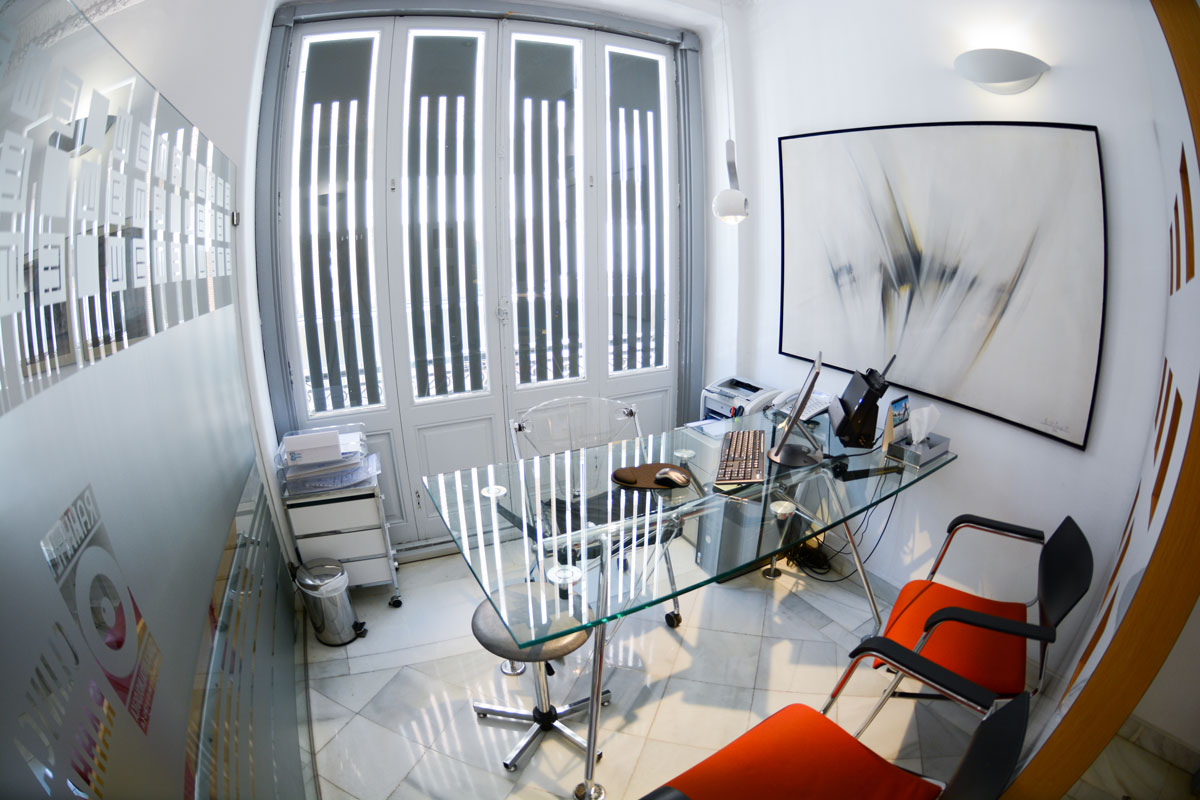What is AMD?
Macular degeneration is an eye condition closely related to ageing and is the main cause of central vision loss.
The macula is a small central portion of the retina, an area of light-sensing nerve tissue whose main function is to control central vision, colour and fine details. When the macula is worn down areas of the central vision field lose sharpness.









